May 16, 2025 | 05:08 GMT +7
May 16, 2025 | 05:08 GMT +7
Hotline: 0913.378.918
May 16, 2025 | 05:08 GMT +7
Hotline: 0913.378.918
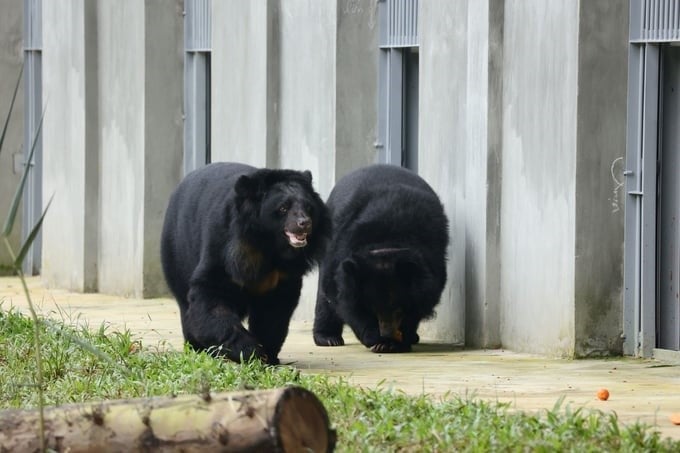
Vietnam Bear Rescue Center facility II in Bach Ma National Park currently has the capacity to welcome 60 bear individuals. Photo: AAF.
On April 9, Animals Asia coordinated with the Hanoi Forest Protection Department to successfully rescue three tibetan bear individuals from a household in Phung Thuong commune (Phuc Tho district, Hanoi) and brought them to Vietnam Bear Rescue Center facility II (a new facility at Bach Ma National Park, Thua Thien-Hue province).
According to information from Animals Asia, the three tibetan bears have legal origins and were voluntarily transferred by the owner's family located in Phung Thuong for humanitarian purposes.
In the application to voluntarily transfer bears to the State, Mr. T., the bear owner, wrote: "Through the dissemination and advocacy work of functional agencies in recent times (especially the regular advocacy of the Forest Protection Department No. 5 and Animals Asia), my family members agreed to make an application for voluntarily handing over three tibetan bear individuals kept in captivity for conservation at the family to the Vietnam Bear Rescue Center and Animals Asia for continued care and conservation."
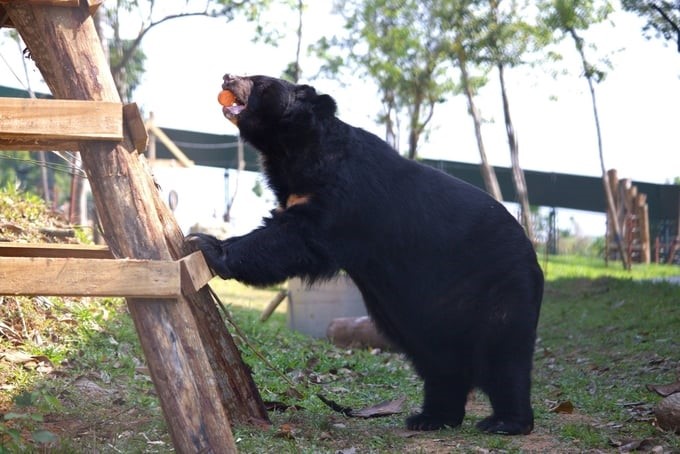
The bear individuals are living semi-naturally at Bach Ma National Park. Photo: AAF.
All three tibetan bears have been raised for a long time, have management chips installed, and have complete tracking records in accordance with regulations. Three tibetan bears, including two male bears and one female bear, are in relatively good health and named after durable flower species that endure the cold and bloom in spring: Daffodil, Snowdrop, and Primrose.
All three bears were quickly lured into transport cages by rescue experts and moved on the same day to Bach Ma National Park. Every 2-3 hours on the road, care staff check and give water, banana leaves, and feed to the bears to ensure good health for the bears during the journey of approximately 800 km by road.
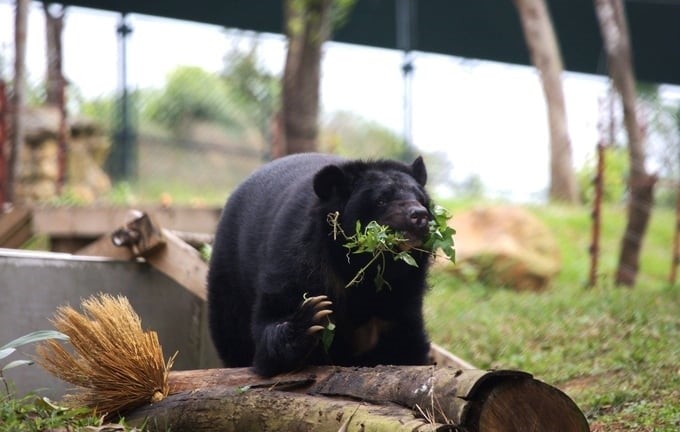
A tibetan bear plays in a semi-natural area at Bach Ma National Park. Photo: AAF.
It is known that since the beginning of the year, the Hanoi Forest Protection Department has handed over four bear individuals to the Vietnam Bear Rescue Center, bringing the total number of bears rescued from Hanoi by Animals Asia to 19 individuals. Currently, Phung Thuong commune has more than 90 bear individuals raised in households.
Animals Asia began rescuing bears in Vietnam in 2007. Rescued bears were brought to life at the Vietnam Bear Rescue Center in Tam Dao National Park, Vinh Phuc province.
Currently, this organization has rescued 276 bear individuals (both sun bears and tibetan bears), including 197 individuals that are living at the Vietnam Bear Rescue Center in the buffer zone of Tam Dao National Park and 8 bear individuals that are cared for at Vietnam Bear Rescue Center facility II in Bach Ma National Park, Thua Thien-Hue province.
Translated by Huyen Vu Thu

(VAN) Veterinary training should focus on quality, not just quantity. Veterinarians also need more options to pursue specialized training.

(VAN) The veterinary industry needs to be viewed objectively and further invested in to properly demonstrate its role and importance in the new context.

(VAN) The number of veterinarians graduating each year is not enough to meet actual needs, hence a difficult problem for the growing livestock industry.

(VAN) The strategic partnership between Cambodia, the Philippines, Vietnam, and CGIAR ensures that innovative solutions effectively address national priorities for food system development.

(VAN) This was affirmed by the UK Minister of State at the Department for Environment, Food and Rural Affairs during a working session with Deputy Minister Tran Thanh Nam on May 13.
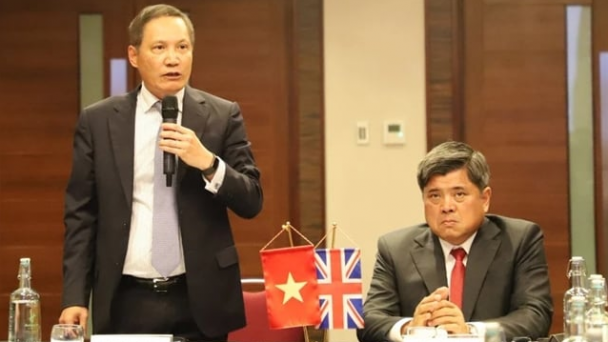
(VAN) On May 13, the Ministry of Agriculture and Environment, in coordination with the Embassy of Vietnam in the United Kingdom, organized a seminar titled 'Connecting trade in Vietnam-UK agricultural, forestry, and fishery products'.
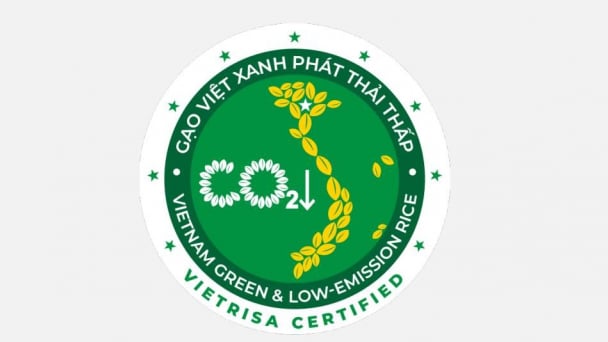
(VAN) The launch of the Vietnam green and low-emission rice brand is a positive signal for both businesses and farmers, marking readiness to reach new heights in the global market.